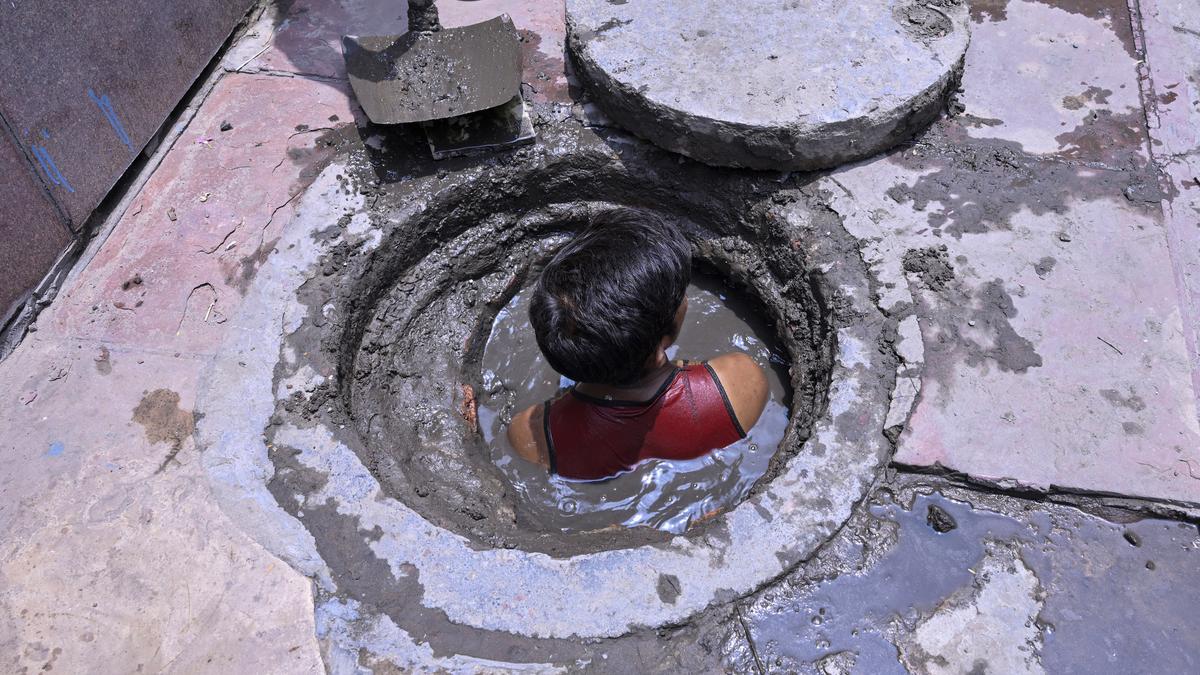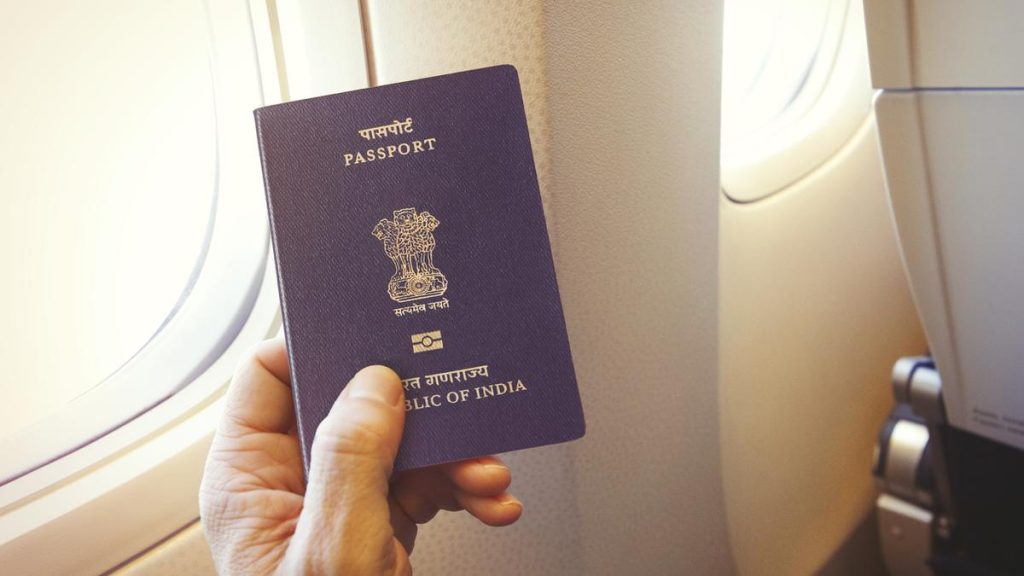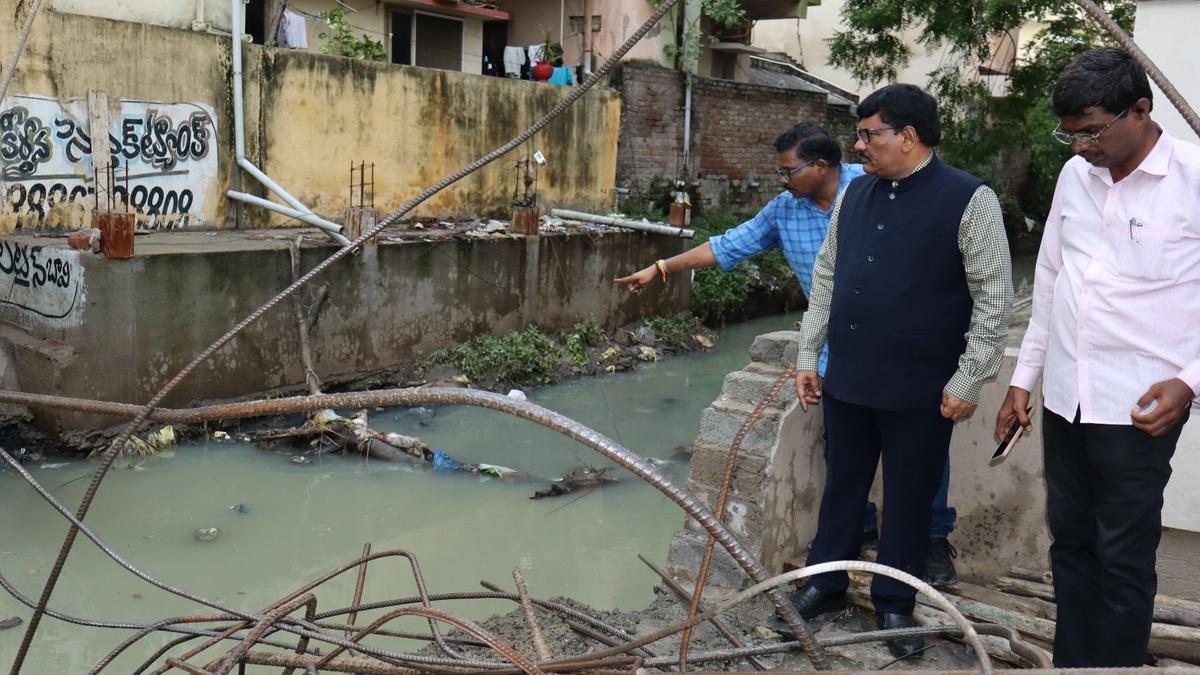Now Reading: Over 90% of Sewer Deaths Linked to Lack of Safety Gear: Govt Audit
-
01
Over 90% of Sewer Deaths Linked to Lack of Safety Gear: Govt Audit
Over 90% of Sewer Deaths Linked to Lack of Safety Gear: Govt Audit

Speedy summary
- A social audit commissioned by the Union Government revealed that over 90% of sewer cleaning deaths occurred due to a lack of safety gear, such as PPE kits. workers mostly had only gloves or gumboots in isolated cases.
- The audit studied 54 deaths across 17 districts in 8 States and Union Territories during 2022-23, with Government data showing a total of 150 such deaths nationwide during the same period.
- Key findings include: no mechanized equipment or planning by agencies in nearly all cases; no prior consent taken for workers in half of the incidents, and limited awareness drives conducted after fatal accidents.
- NAMASTE scheme launched in July 2023 targeted hazardous cleaning issues, providing capital subsidies worth ₹20 crore to sanitation workers and distributing PPE kits to over half of identified sewer/septic tank workers across India (primarily Odisha through its Garima Scheme).
Image captions:
- “A MCD sanitation worker cleaning a drain during the cleanliness drive at East Patel Nagar in New Delhi on July 18, 2025.” | Photo Credit: The Hindu
- Another related image (unspecified description).
Indian Opinion Analysis
The social audit underscores glaring lapses in protective measures for sewer-cleaning workers, leading to preventable fatalities despite ongoing schemes aimed at safer practices within this hazardous field. While initiatives like NAMASTE signal progress-providing life-saving equipment to some-it appears systemic inefficiencies persist regarding enforcement and rapid response preparedness among associated agencies.
Further scrutiny into training infrastructure may be necessary given that mechanization remains negligible despite laws banning manual scavenging long ago. Lack of informed consent additionally brings ethical concerns about workforce rights under labor standards within unsafe occupations.Scaling up State-backed models like OdishaS Garima scheme offers valuable lessons but seems inconsistently implemented elsewhere nationwide; incentivizing proactive protection frameworks might accelerate better safety metrics amongst urban-rural levels inclusively confidence-building clarity alike mechanisms flawed both juxtaposing modest-sized cleanups.
























